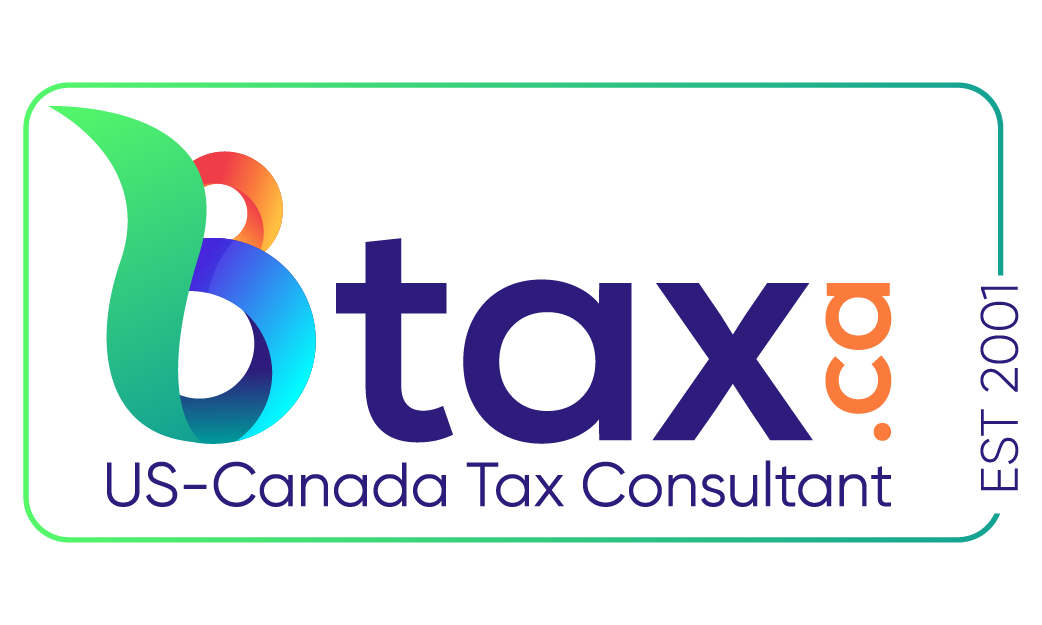Key Tax Changes Canadians Should Know for 2024
As Canadians gear up for the tax season, it's crucial to be aware of the significant changes impacting the 2024 tax year. From penalties to pension plan adjustments, here are nine essential updates to consider when filing your taxes:
Penalty Increase for Unpaid Taxes:
Commencing in 2025, the penalty is 5% of the unpaid tax that is due on the filing deadline, plus 1% of this unpaid tax for each complete month that the return is late, up to a maximum of 12 months.
Deduction for tools (tradespersons and apprentice mechanics):
Deduction for tools (tradespersons and apprentice mechanics) – Starting in 2023, the maximum employment deduction for tradespersons’ eligible tools has increased from $500 to $1,000. As a result, the threshold for expenses eligible for the apprentice mechanics tools deduction has also changed.
Introduction of Grocery Rebate:
A new Grocery Rebate has been introduced to assist eligible Canadians with rising food costs. If eligible for the GST/HST credit in 2021, taxpayers qualify for this rebate, which equals double the amount received in January 2023. Eligible taxpayers who filed in 2022 received the rebate in July 2023.
Streamlined Disability Tax Credit Application:
The CRA has simplified the Disability Tax Credit application process by enabling digital completion through My CRA Account. This eliminates the need for physical forms, making it easier for individuals and medical practitioners.
Increase in Basic Personal Amount:
The government raised the Basic Personal Amount to $15,705 for the 2024 tax year, providing a modest boost to taxpayers' returns. This upward adjustment aligns with the government's ongoing policy to gradually increase this amount.
Adjusted Tax Brackets for Inflation:
To preserve purchasing power amid rising prices, tax brackets for 2024 have been adjusted. This adjustment may result in individuals transitioning into lower tax brackets, potentially reducing their tax liabilities.
Raised Limits for TFSA and RRSP Contributions:
The TFSA contribution limit has been raised to $7,000 for 2024, with the cumulative limit now reaching $95,000 for eligible individuals. Similarly, the RRSP annual dollar limit for 2023 is $31,560, based on 18% of the previous year's earned income.
Revised OAS Limitations:
For the 2024 tax year, OAS amounts are subject to reduction or cancellation based on taxable income thresholds. Those with taxable incomes exceeding $90,997 may experience OAS repayment requirements, while incomes surpassing $148,541 may result in no OAS payments. Seniors aged 75 and above received a 10% increase in OAS pensions as of July 2023, per the CRA's 2023 Affordability Plan.
CPP Contributions:
The CPP contribution rate for both employees and employers is 5.95% in 2024. However, there is also a second CPP contribution rate and earnings ceiling, called the “year's additional maximum pensionable earnings” (YAMPE), for higher-income earners. The YAMPE is approximately 7% higher than the first earnings ceiling in 2024.
These key tax changes underscore the importance of staying informed to optimize your financial planning and tax obligations in the upcoming year.
